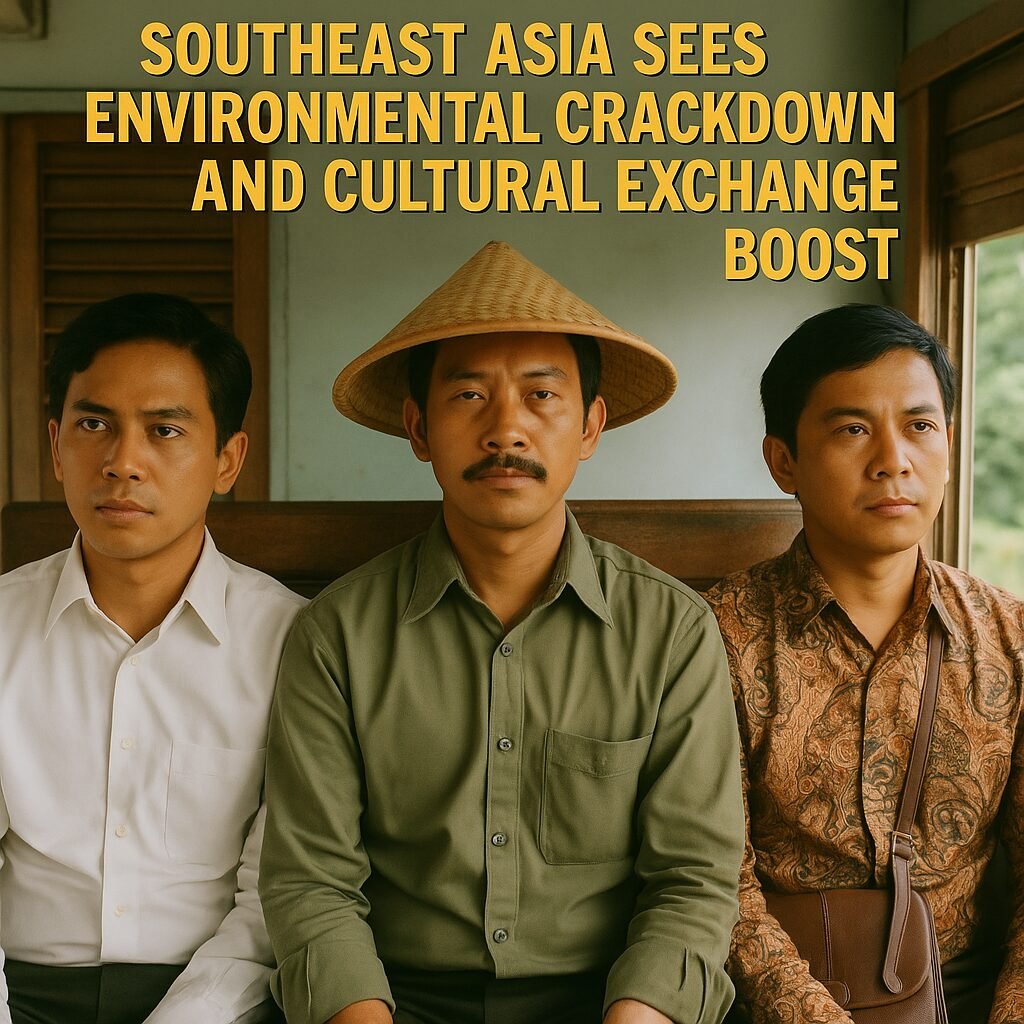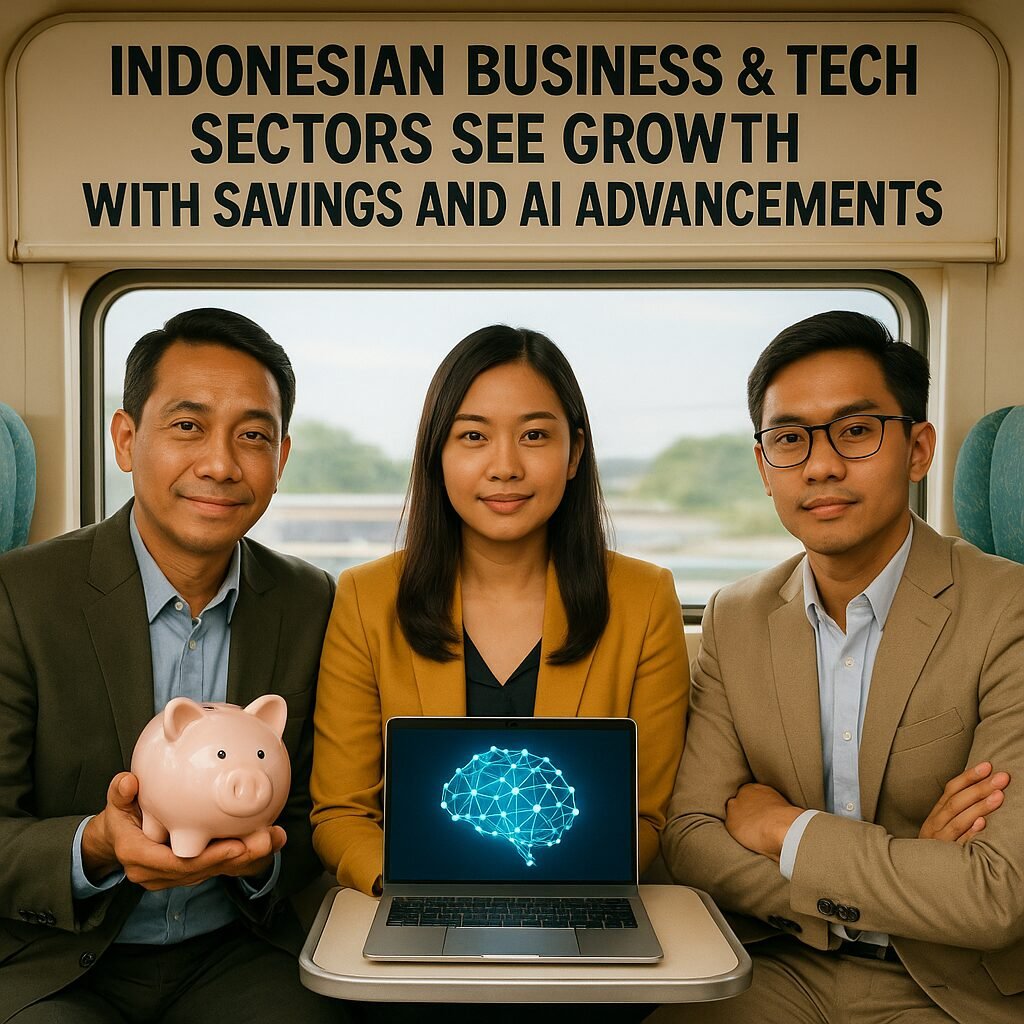Two significant developments in the business landscape of Southeast Asia have emerged today, demonstrating the region’s increasing focus on environmental responsibility and cross-cultural exchange. Firstly, in a bold move, the Ministry of Environment (KLH) in Indonesia has shut down two iron and steel smelting companies in the Jatiuwung area of Tangerang, Banten. The decision, reported by ANTARA News, was made due to significant environmental breaches by these companies. This action comes...
Two significant developments in the business landscape of Southeast Asia have emerged today, demonstrating the region’s increasing focus on environmental responsibility and cross-cultural exchange.
Firstly, in a bold move, the Ministry of Environment (KLH) in Indonesia has shut down two iron and steel smelting companies in the Jatiuwung area of Tangerang, Banten. The decision, reported by ANTARA News, was made due to significant environmental breaches by these companies. This action comes as a part of growing global pressure on industries to maintain environmental standards and protect the ecosystem.
The closure of these two steel companies is notable, showcasing the government’s commitment to enforcing environmental regulations. However, the economic fallout of this decision cannot be overlooked. The immediate impact will likely be felt by the employees of these companies and the local economy that depends heavily on the steel industry. This incident serves as a stern reminder for businesses to uphold environmental regulations or face severe consequences.
On a different note, an intriguing development in the cultural exchange space has also been noted. Korean edtech startup, KoreanMate, has received backing from Webtoon Today, building a Korea–Indonesia Cultural Exchange Pipeline. The news, reported by KoreaTechDesk, highlights the growing importance of cultural exchange in the globalized world and the role of technology in facilitating these exchanges.
KoreanMate’s initiative is a promising stride towards bridging the cultural gap between Korea and Indonesia and fostering mutual understanding. This partnership could potentially lead to a surge in cross-cultural exchanges and collaborations, thereby enhancing the socio-cultural relations between these countries.
These two seemingly disparate news items underscore a significant shift in the business and socio-cultural landscape of Southeast Asia. The environmental crackdown in Indonesia underlines the pressing need for businesses to integrate sustainable practices. Meanwhile, the investment in KoreanMate signifies the growing importance of technology in facilitating cultural exchange, thereby contributing to global understanding and cooperation.
References & Related Sources
ANTARA News - Business & Investment Talkwalker Alert: 157 results for [157 results for 14 feeds] 










